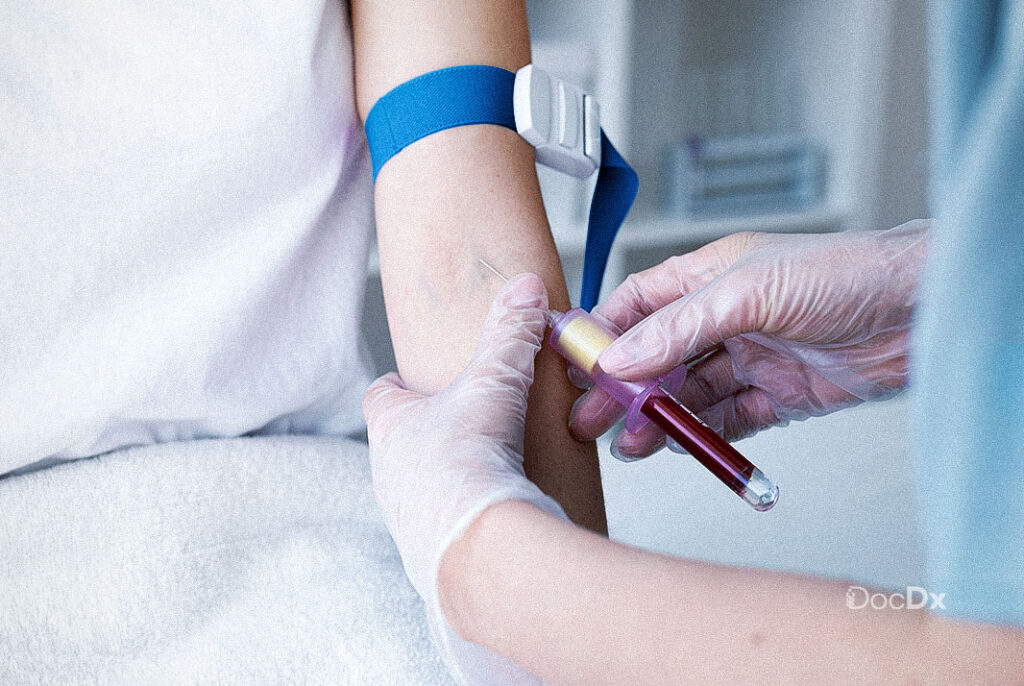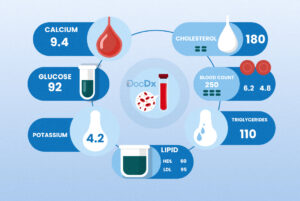Blood works is a fundamental component of preventive health care, providing vital insights into your overall health. From checking for underlying conditions to offering early warnings for potential health issues, routine blood tests help both you and your healthcare provider make informed decisions about your well-being. In this article, we’ll explore how blood work contributes to preventive care and why it’s important for maintaining a healthy life.
Preventive health care is about staying one step ahead, catching potential health issues before they develop into more serious conditions. Blood work, often part of routine checkups, plays a crucial role in this process. By understanding your blood work results, you can take proactive steps to improve your health and reduce risks.
What Is Preventive Health Care?
Preventive health care focuses on preventing diseases rather than treating them after they’ve developed. Through regular screenings, lifestyle modifications, and health education, preventive care aims to keep you healthy and reduce the need for extensive medical treatment. Blood test is one of the most effective tools used in preventive health care.
The Importance of Regular Blood Work
Routine blood work can uncover health issues that may not present symptoms early on. For instance, high cholesterol or abnormal blood sugar levels can often go unnoticed until they lead to serious health complications. Regular testing helps catch these conditions early, allowing for timely intervention and lifestyle adjustments.
Types of Blood Tests in Preventive Health Care
There are several key blood tests commonly used in preventive health care:
- Complete Blood Count (CBC): Evaluates overall health and can detect disorders such as anemia or infection.
- Lipid Panel: Measures cholesterol and triglycerides, which are indicators of heart health.
- Blood Glucose Test: Detects diabetes or prediabetes by measuring blood sugar levels.
- Liver and Kidney Function Tests: Checks organ health and detects potential problems before symptoms appear.
For more specific information about lab tests, you can check out the services available at DocDx’s laboratory testing options.
How Blood Work Can Reveal Early Warning Signs
Blood tests can reveal early signs of health issues like heart disease, diabetes, liver problems, or nutritional deficiencies. For example, elevated cholesterol levels in a lipid panel can be an early indication of heart disease risk, allowing you to adjust your diet and lifestyle before a serious problem arises.
Key Health Indicators Monitored Through Blood Work
Routine blood work monitors critical health indicators, including:
- Cholesterol Levels
- Blood Sugar Levels
- Hormone Levels
- Electrolyte Balance
- Vitamin and Mineral Deficiencies
Monitoring these indicators through preventive care blood work can help you maintain optimal health and address imbalances before they escalate.
Why Blood Work Frequency Matters
The frequency of blood works depends on age, health status, and family history. Generally, adults should have routine blood works at least once a year. However, individuals with certain health conditions may need more frequent tests to monitor their health effectively.
Preparing for Routine Blood Work
Preparing for blood test can involve fasting, especially for tests like blood glucose and lipid panels. Fasting allows for accurate readings of these indicators. Always consult your healthcare provider for specific instructions before a blood test.
Understanding Blood Test Results
Interpreting blood test results can be complex. It’s important to review your results with your healthcare provider to understand what they mean for your health. Many primary care providers will take the time to explain each result and offer guidance on any necessary lifestyle adjustments.
Blood Work and Chronic Disease Management
Blood tests are essential for managing chronic conditions, such as diabetes or high cholesterol. Regular blood tests can track how well you’re managing your condition and guide adjustments in medication or lifestyle changes as needed.
The Role of Primary Care Providers in Preventive Testing
Primary care providers are invaluable in preventive health care, as they can recommend which blood tests are best for your specific needs. With their expertise, they can identify early signs of potential health issues and help you make lifestyle changes that support long-term health.
The Connection Between Lifestyle and Blood Health
Diet, exercise, stress levels, and sleep all impact blood test results. A healthy lifestyle can positively influence your blood work, helping maintain balanced cholesterol, glucose, and hormone levels. Routine blood tests can serve as a checkpoint, showing you how lifestyle choices affect your health.
Advanced Blood Work for Comprehensive Screening
For those seeking a more detailed health assessment, advanced blood work options are available. These can include tests for inflammation markers, specific hormones, or even genetic markers associated with certain diseases. Discussing these with a trusted provider can give you a clearer picture of your health and any risks you may face.
Conclusion
Blood work is a simple yet powerful tool in preventive health care, providing insights that can help you maintain or improve your health. By keeping up with routine blood tests, you can catch potential issues early and make informed decisions with the guidance of your healthcare provider. Taking a proactive approach with regular blood work allows you to take control of your health, ensuring a healthier, longer life.




